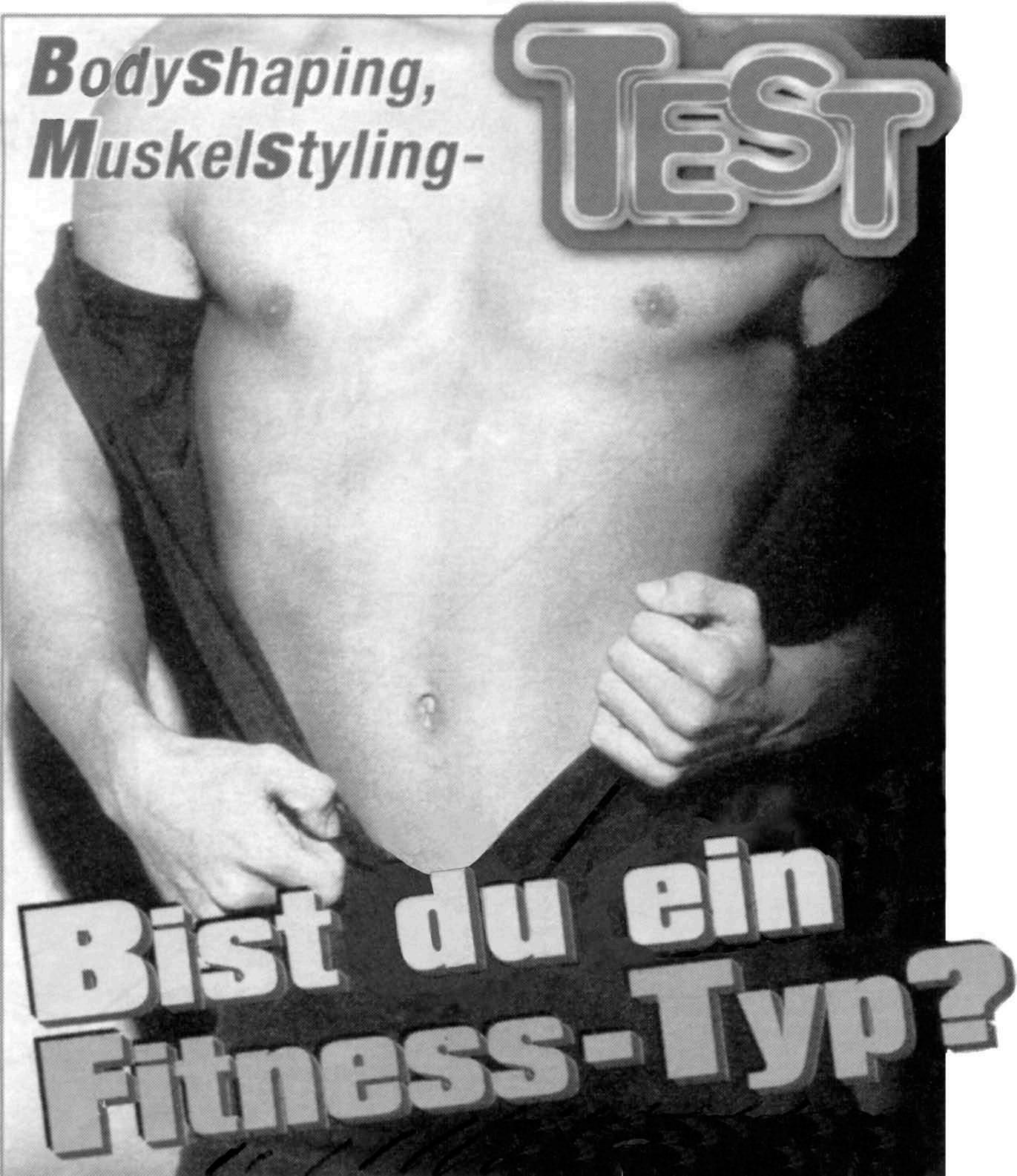6.9 Forms of the subjunctive
89
Note how the above forms compare with the English passive forms:
werden (conjugated with sein) past participle of main verb
‘be’ (conjugated with have) past participle of main verb
present
ich werde gelobt
I am
praised
past
ich wurde gelobt
I was
praised
perfect
ich bin
gelobt worden
I have been praised
pluperfect
ich war
gelobt worden
I had
been praised
future
ich werde gelobt werden
I will
be praised
future perfect
ich werde gelobt worden SEIN
I will
HAVE been praised
The other German passive, the sein-passive, is formed with the auxiliary sein and the PAST the main verb. It describes a state, i.e. the result of an action, and is often equivalent to sein + adjective (e.g. Die Tür ist geöffnet Die Tür ist offen, see 7.8). In practice, only the present and past tenses are in common use. It is illustrated with the verb verletzen ‘injure’:
PARTICIPLE of
SEIN-PASSIVE
present ich du es wir ihr sie
bin bist ist sind seid sind
past verletzt verletzt verletzt verletzt verletzt verletzt
ich du es wir ihr sie
war warst war waren wart waren
verletzt verletzt verletzt verletzt verletzt verletzt
6.9 Forms of the subjunctive Most forms of the SUBJUNCTIVE MOOD (see 7.10) are uncommon except for those of the AUXILIARY the MODAL AUXILIARY VERBS and the CONDITIONAL. Apart from the conditional, which is also used colloquially, the subjunctive tends to be confined to written German (see 7.5–7.7). The forms of the German subjunctive fall into two groups, SUBJUNCTIVE I and SUBJUNCTIVE II, which reflect their uses:
VERBS,
subjunctive I
subjunctive II
present subjunctive
es gebe
perfect subjunctive
es habe gegeben
future subjunctive
es werde geben
past subjunctive
es gäbe
pluperfect subjunctive
es hätte gegeben
conditional
es würde geben
NB The traditional classifications ‘present/past subjunctive’ are misleading since the forms do not indicate time in the way the tenses of the indicative do.










